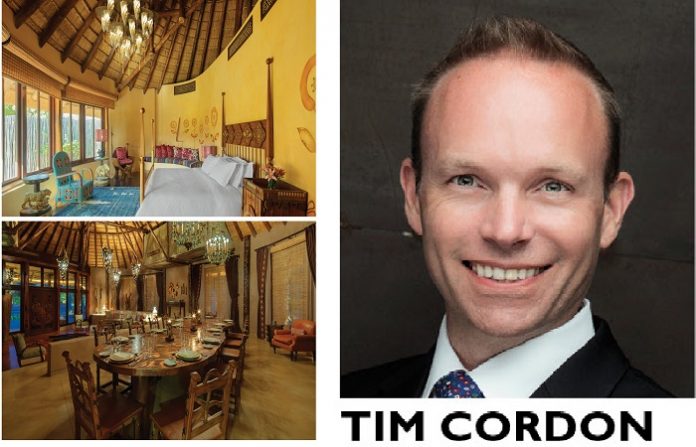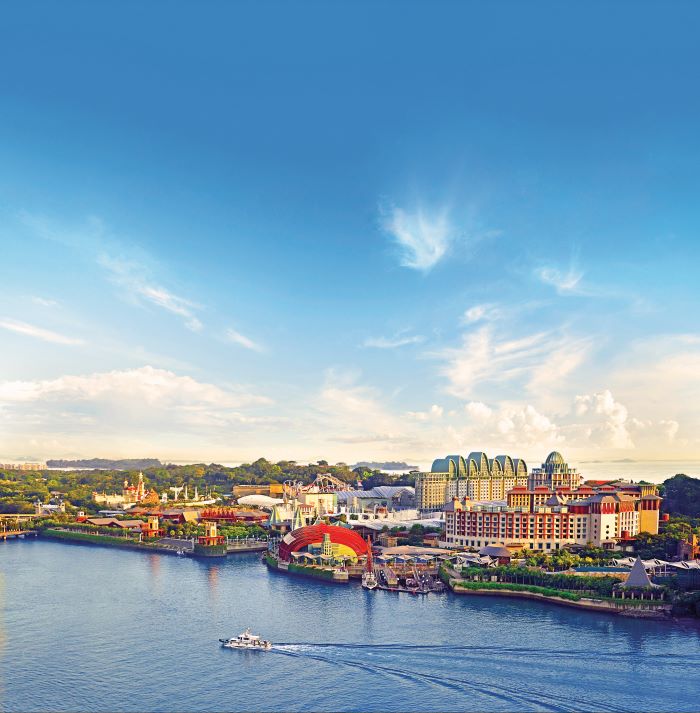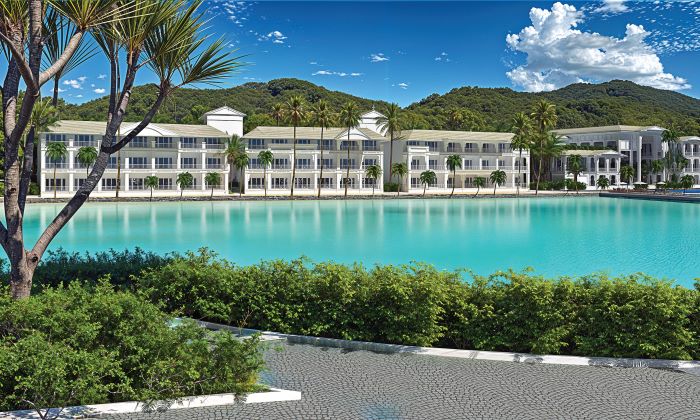The post COVID-19 recovery will be driven by a rebound in domestic tourism, says Tim Cordon, Senior Area Vice President Middle East & Africa, Radisson Group.
Shehara Rizly
Could you give us the projections for the end of the year for the ME region?
Looking at it from the domestic side, many residents have been opting for mini getaways and staycations,
preferring to stay within their country, due to international travel restrictions. Google searches related to staycations in the Middle East and North Africa have risen more than 400 per cent since March 2020. Recent statistics show that many hotels have been busier in July and August this year than they were at the same time last year. We believe that hotels in the UAE and Saudi Arabia will lead the recovery in Middle East’s hospitality industry in the fourth quarter of 2020. Saudi Arabia will continue to benefit from ongoing tourism initiatives, upcoming mega projects, and domestic tourism. The UAE has been benefiting from the local demand and we hope the ongoing efforts of the country will lead to an international boost towards the end of the year.
Will staycations provide the void in terms of revenue?
We can see that travellers still want to go on holiday, especially after being isolated for such a long time, but safety has become a top priority. In the last few months recovery has been driven by a rebound in domestic tourism and as a result, there has been a staycation trend and it is expected to further strengthen in the coming months. Therefore, we believe, the post COVID-19 recovery will be driven by a rebound in domestic tourism.
What will be the new trends to look out for post the pandemic?
The unique selling points of a hotel no longer focus solely on location, they focus on the flexibility the guest has in terms of bookings and cancellations, the type of experience the guest will receive when staying at the hotel and of course their safety. This is the reason we have adapted our philosophy to focus on ‘Making Every Moment Matter’ for our guests, to ensure our guests have the best experience. With that in mind we have recently launched a set of staycation and F&B offers across the region. I believe we will see a trend towards sustainability and conscious travel with health and wellness related travel itineraries. Of course, being forced into lockdown has also changed consumers’ attitudes towards travel and the types of destinations that are more appealing to them. Many people will now be searching for a peaceful sanctuary to escape to, away from crowds, where one feels completely free, but also away from the possibility of contracting or spreading the disease.
Will there be more bookings online or through agents?
There will undoubtedly be many changes that the sector will have to become accustomed to. The pandemic has fundamentally changed the way consumers look at their travel plans. With uncertainties over when to travel, where to travel or how long to travel, travellers are now looking for as much flexibility and comfort as possible. We therefore mitigate this with flexible cancellation and re-booking policies and ensure that we have the right procedures in place in order for our guests to feel at ease. Moving forward flexibility and safety will play a big role in how people book or where they go.
“Hotels in the UAE & Saudi Arabia will lead the recovery in Middle East’s hospitality industry in Q4 of 2020”









